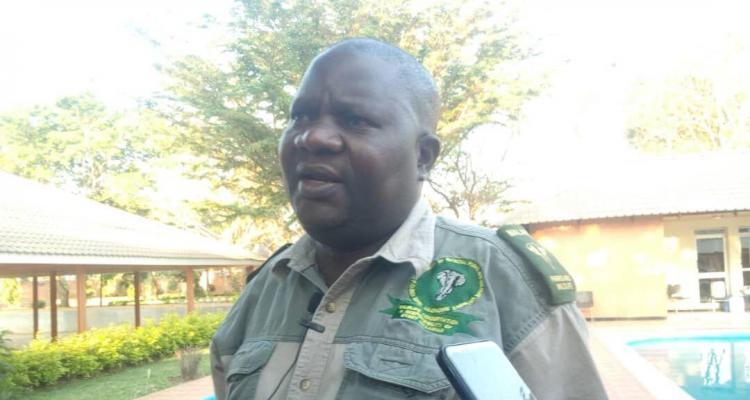
Involvement of different stakeholders such Police, Judiciary among other sector has been singled out as some contributors towards the fight against wildlife crimes.
This was said during a media training on CITES (the Convention on International Trade in Endangered Species of Wild Fauna and Flora)
Principal Parks and Wildlife Officer Alex Chunga said that in the past the department was not reporting a lot of cases because perpetrators were not brought to book but due to involvement of courts, police , media and other stakeholders the cases increased.
Chunga added that the development has enabled the department to easily trace those who have been committing wildlife crimes on time.
“We have noticed that most of the damages that people do on wildlife and the environment in general are because they do not see the value of wildlife. A live elephant for example is worth much more than two pieces of ivory when that animal is dead.
“A live elephant in its lifetime of about 75 years contributes a lot to the economy of the country in terms of tourism,” he said.
Elephants in Malawi are protected species and the National Parks and Wildlife (Amendment) Act, 2017 (Act no. 11 of 2017) provides for significantly increased penalties, including a maximum of 30 years in prison (with no option of a fine) for Listed Species offences.














